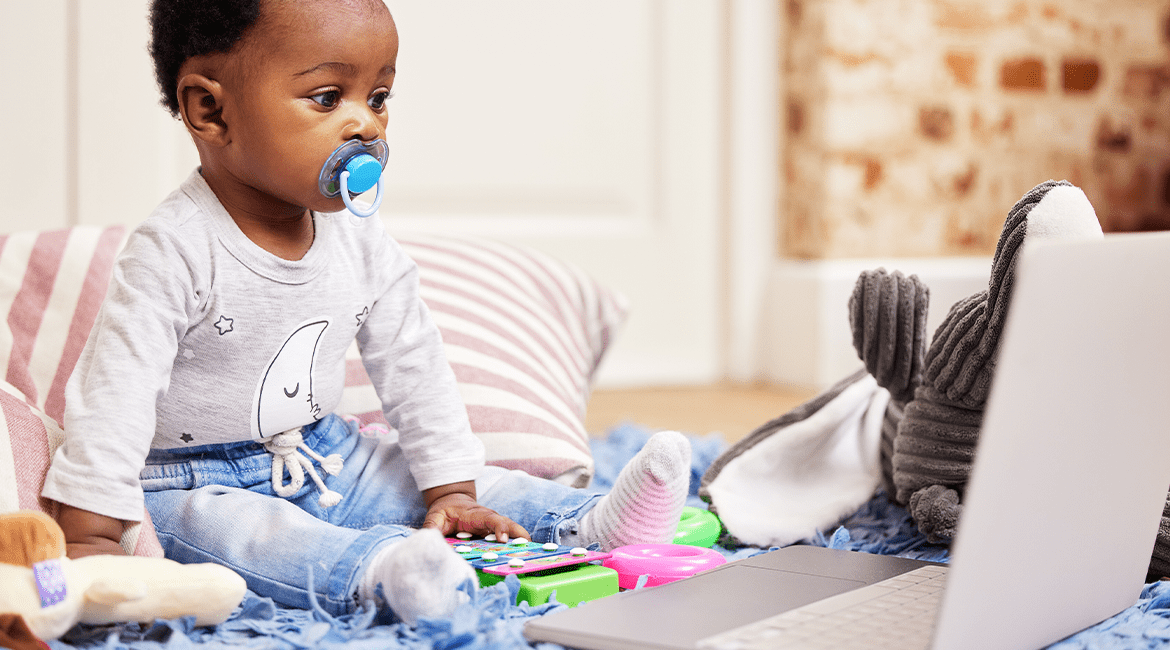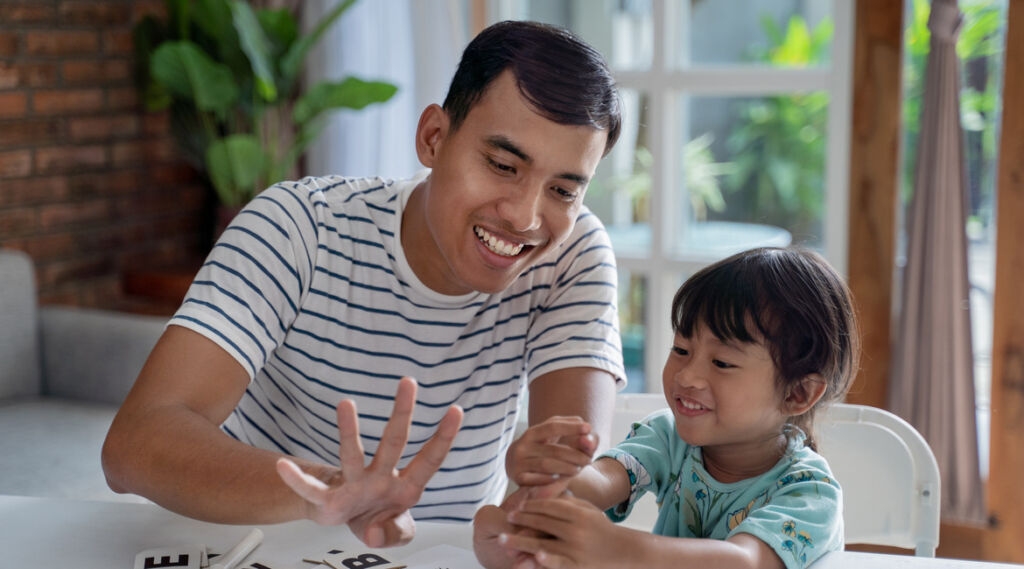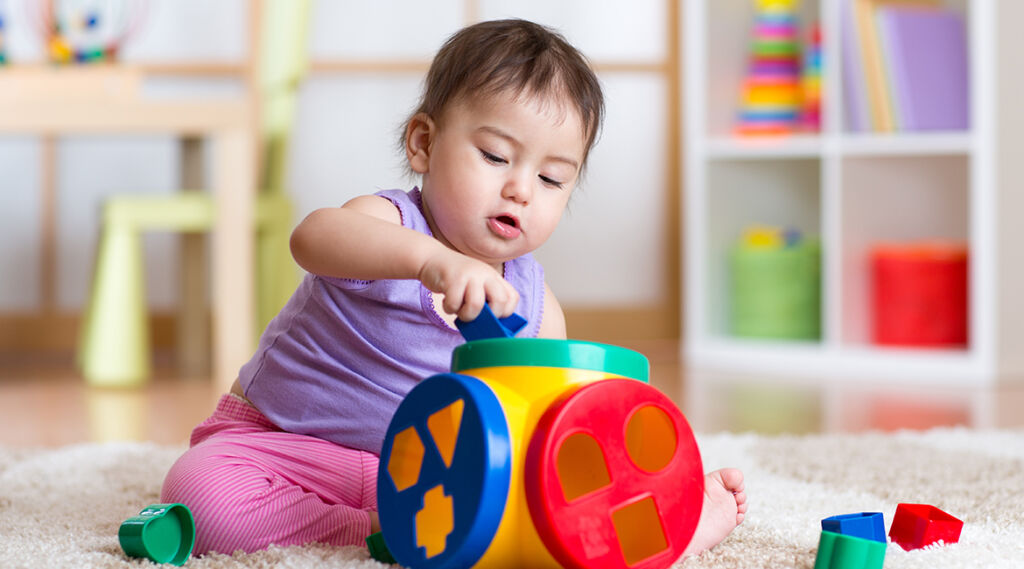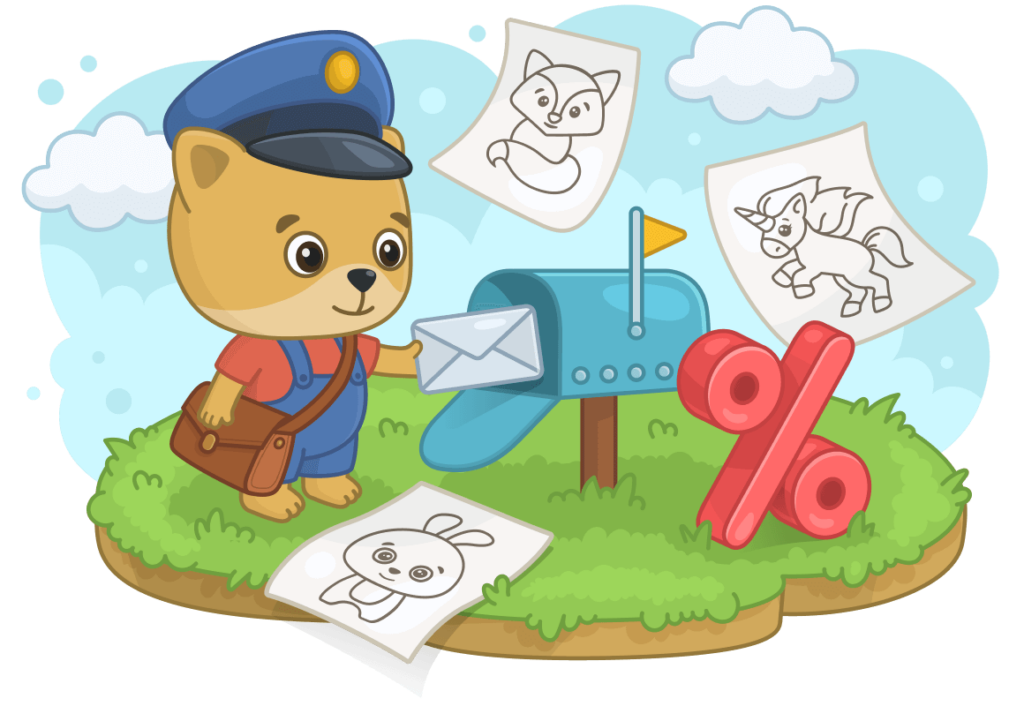There is no getting away from the fact that we truly live in a ‘digital age’ advancement and innovation in science and tech means that we hardly have to leave our homes. In fact, the coronavirus pandemic proved that, if we really needed to, most of us could stay at home for months on end!
Using technology, most of us were able to home school, work, be entertained, exercise, order groceries and socialize from the comfort of our own homes. This is not to say though that this was without issue. Many people reported feeling isolated, low, or even depressed. The reason for this was that our lives were out of balance. Whilst we were still able to do all of the things that we need for a balanced life, they were not necessarily done in a balanced way: everything was done through screens.
Let kids outdoors
For children, the issues with too much screen time have long been documented and discussed, and with obesity a growing problem, it’s more important than ever that children have the opportunity to be outside and be physically active. Playing outside is a vital ingredient to a happy, healthy and balanced childhood because being outdoors, with exposure to natural daylight increases the body’s level of vitamin D, and serotonin “the happy hormone” that fights anxiety and depression. Outdoor time also promotes running, climbing and plenty of physical activity that is good for heart health and helps children to maintain a healthy weight. The UK’s chief medical officer recommends that young children get 180 minutes, or 3 hours, of physical activity every day!
Let kids play
Play is seen as such an important part of childhood that a right to play has been enshrined in The Rights of The Child; Article 31.1 of the United Nations Convention on the Rights of the Child reads; “States Parties recognize the right of the child to rest and leisure, to engage in play and recreational activities appropriate to the age of the child and to participate freely in cultural life and the arts” (UNCRC, 1989)
Play is considered a basic right for all children because it is intrinsically worthwhile; it is important in and of itself and not just as a means to an end. However, play is also essential to development because of the contributions it makes to the cognitive, physical, social, and emotional well-being of children.
Neuroscience tells us that play physically builds, shapes and develops the brain, it’s essential to the processes of learning and development.
Let kids be bored
It’s in our nature as parents to want to entertain our children, but if we jump in every time they are bored then they never learn to make their own fun. It’s actually important to allow your children to get to the point of being bored. Not only does this promote independence to start of with but, even though it can be hard at first, with time children learn to make their own fun. This is a great life skill and requires creativity.
Let kids use screens
Okay, stay with us here…Of course, children permanently glued to screens is no one’s idea of a great, balanced childhood but if the pandemic has taught us anything it’s that technology has plenty of benefits!
Whether we like it or not, the rise in digital technology means that we are bombarded with media on a daily basis. On one hand, this is extremely positive meaning that we have access to a range of different viewpoints, get news instantly in our hands via our smartphones and have a huge choice about the kinds of content we access. On the other hand, it means that almost every minute of the day we are bombarded with advertising, some of which we don’t even know is advertising. It’s therefore important that we help our children develop media literacy from a young age.

Media literacy is quite a broad term, but it encompasses the skills and ability to access, read, analyze, think critically about and create a range of different media types. Children need to learn to question the content that they see, asking questions like who made this? Is this trustworthy? Is this true? What is this content trying to get me to do and why? This ability to question and think critically is at the core of media literacy.
There are also plenty of benefits to learning that can come through playing computer games or apps, that are different from learning through other more “traditional” resources. Most children enjoy the experience of using an app or a game and when children are enjoying their learning, they gain more knowledge and become more interested in a subject. Apps often engage children with constructive trial-and-error gameplay, which encourages them to repeat their efforts several times to complete the game this kind of learning through experimentation is powerful and builds important future skills.
We recommend keeping young children’s use to about 20 minutes a day, perhaps increasing this as they get older, and being careful about enabling parental controls.
A balanced childhood in the digital age needs to include opportunities for physical activity, play, creativity and imagination, but also the space to explore and develop digital skills and media literacy needed for the future.



